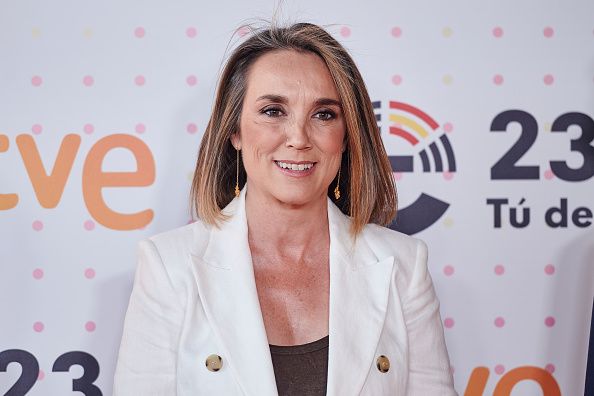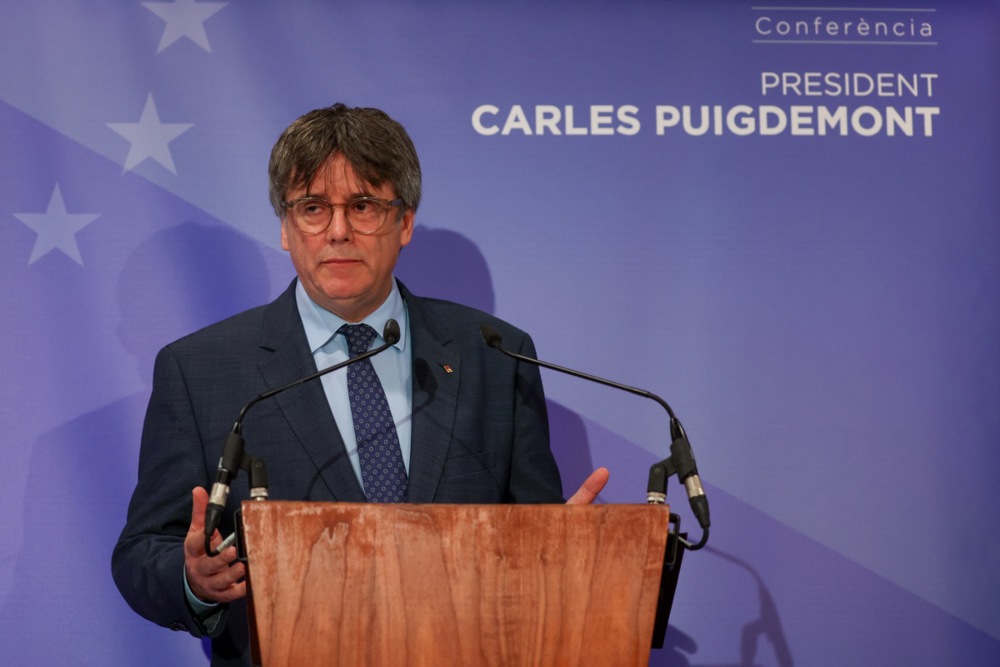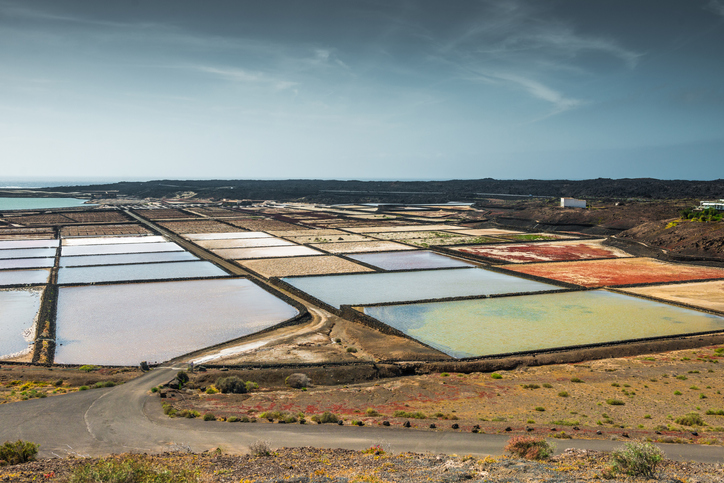More than 60,000 people gathered in a massive protest in Madrid on Sunday, September 24, to protest plans to give amnesty to Catalan separatists in the country.
Demonstrators expressed frustration at the plan, which aims to enable incumbent PM Pedro Sánchez to form a coalition government.


According to local reports, 200 buses were used to ferry protesters from Spain’s 17 Autonomous Communities to the event.
Those attending demanded Sánchez’s Socialist-led government reject the agreement, which they fear risks undermining Spanish sovereignty over Catalonia.
The thousands of flag-waving protesters chanted against the Catalan pretensions to “divide Spain.”


Speakers insisted the idea of amnesty is a fraud and that is “morally unacceptable.”
They also warned that Pedro Sánchez might be ready to grant the separatist parties a self-determination referendum in exchange for their support on a potential premiership attempt.
Alberto Núñez Feijóo, the president of the country’s centre-right Partido Popular, headlined the event, and was joined by former PP Prime Ministers José María Aznar and Mariano Rajoy.
Other key PP leaders also attended the protest, including the mayor of Madrid, José Luis Martínez Almeida, and the popular president of the Madrid region, Isabel Díaz Ayuso.
“Some parties think of their former premiers as dinosaurs”, said Feijóo. “To us, however, Rajoy and Aznar are the memory of the best Spain”.
The PP leader added that his party “has never sold itself or its principles… We have never done it and we will not do it now.”
To Feijóo, Sánchez’s purported deal with the Catalan separatists is “inadmissible” and makes Spaniards “unequal before the law”.
Former Prime Minister Aznar meanwhile warned that “Spain is about to be destroyed” as a result of the move, having previously accused the Socialist Party of “dismantling the Constitution.”


Feijóo continues to insist that his party won the elections and that “94% of Spaniards want to preserve the Constitution”, despite having failed to gain enough seats to form a majority government.
On September 26 and 27, the first and second round of voting on Feijóo’s presidential bid is set to take place. Observers expect he will not rally enough support to secure an absolute majority amongst Spain’s various left-wing and regional parties.
“I may or may not become premier, but I will defend equality,” said Feijóo.
WATCH: Sunday's election in Spain has resulted in a political stalemate, so who is in line to run the next Spanish government?#EleccionesGenerales #EleccionesGenerales2023 pic.twitter.com/EdbA0Q4fKS
— Brussels Signal (@brusselssignal) July 27, 2023





